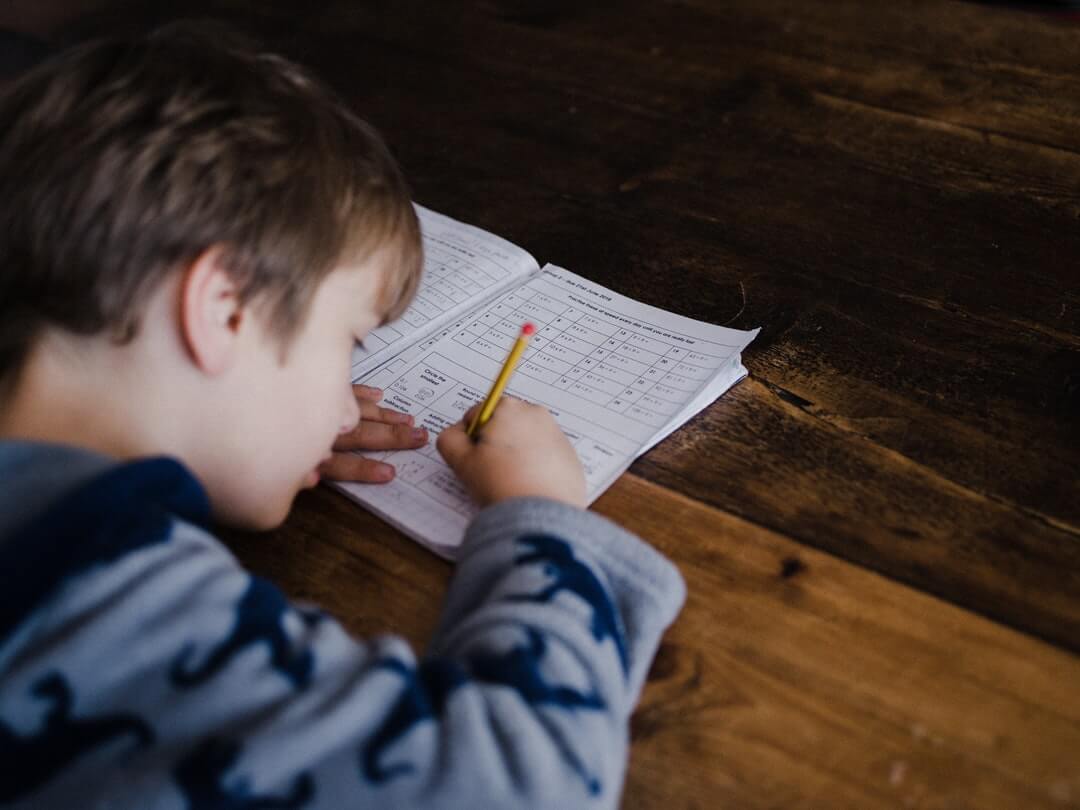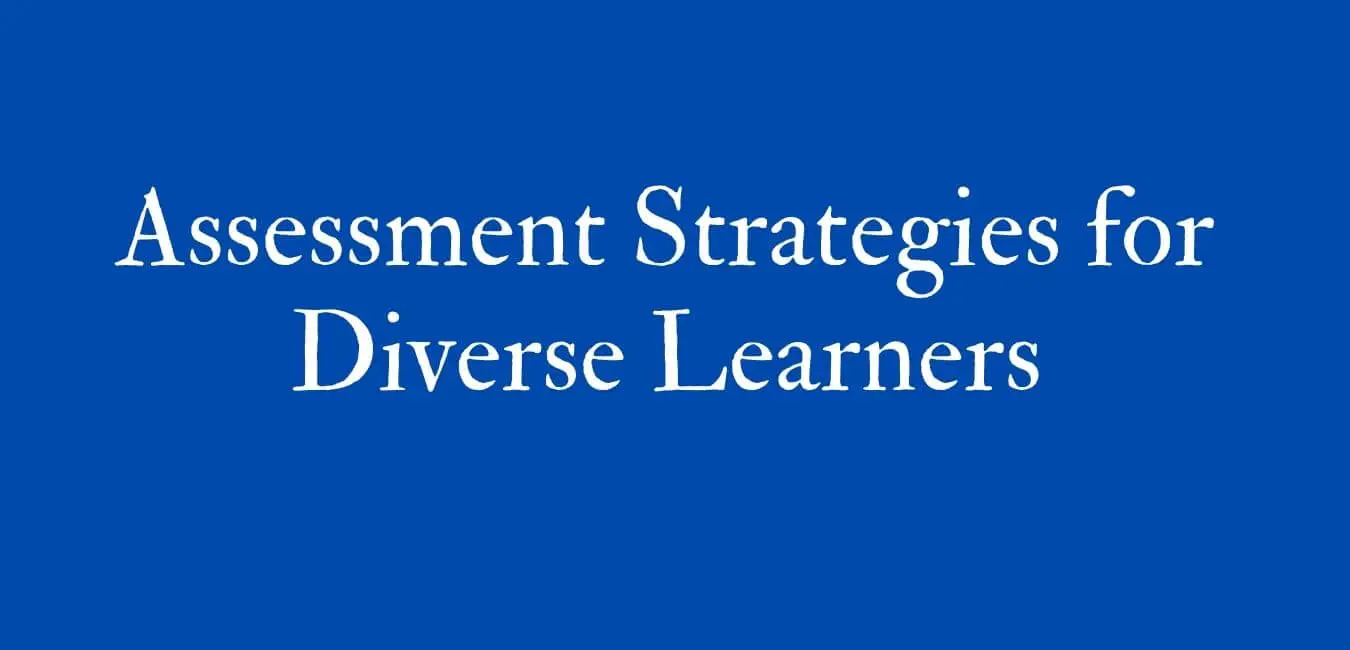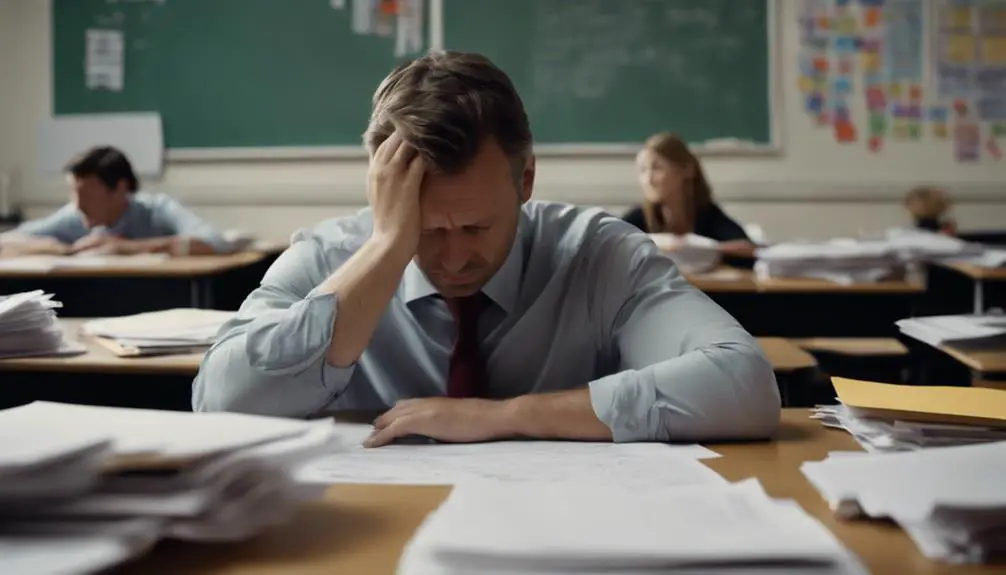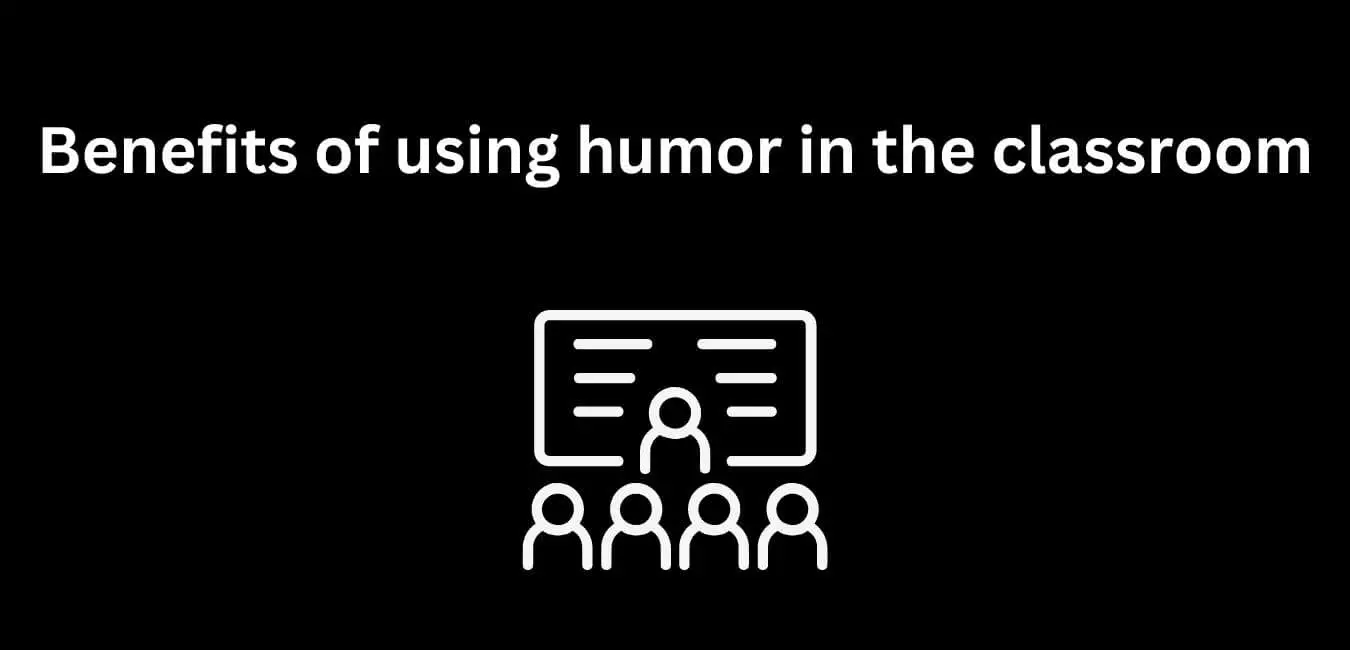It’s no secret that cheating is a rampant problem in academic institutions. But what can be done to stop students from cheating in the classroom? There are a number of strategies that teachers can utilize to discourage cheating and help maintain academic integrity.
One way to reduce cheating is to create an environment that does not condone it. Teachers should make it clear that cheating is unacceptable and will not be tolerated. They should also enforce disciplinary actions for students who cheat, such as failing the assignment or receiving a lower grade.
Furthermore, teachers can use effective teaching methods that promote critical thinking and discourage rote memorization. This type of instruction makes it more difficult for students to cheat because they are required to think for themselves and understand the material.
Moreover, teachers can randomly test students on material covered in class in order to ensure that they are actually learning the information.
Types of Cheating
There are three types of cheating in class: plagiarism, collusion, and fabrication. Plagiarism is when a student copies someone else’s work and tries to pass it off as their own. Collusion is when students work together on an assignment that is supposed to be done alone. Fabrication is when a student makes up information for an assignment.
All of these types of cheating can lead to serious consequences, such as getting kicked out of school or getting a low grade on an assignment. It’s important for teachers to know about these types of cheating and how to avoid them.
All of these forms of cheating can have a negative impact on the student and the classroom environment and should be avoided at all costs. However, the good news is that there are ways to stop students from cheating, and it starts with prevention.
Signs of Cheating
Cheating in school can be a big problem, not only for the individual who is cheating but also for the rest of the class. Cheating can take many different forms, from copying work from classmates to taking unacceptable materials into class during a test.
It can be difficult to determine whether or not a student is cheating in class. However, there are some warning signs that can help you identify whether someone is cheating in your class.
One sign that cheating is happening is if students are constantly getting up to use the restroom or get drinks of water. This may be an attempt to get away from the test materials or to copy someone else’s work.
Another sign that cheating might be going on is if students are behaving oddly when they should be taking the test. For example, they may be whispering to each other or trying to cover their answers.
If you suspect that cheating is happening in your class, there are a few things you can do to stop it. One thing you can do is make sure all students have a clear view of the test materials and monitor them closely. Another option is to talk with them about it and see if they’re willing to stop.
Methods of Cheating
There are many methods of cheating that students use to get an edge in class. Some methods are more obvious, such as copying someone else’s work, while others are more subtle, such as using a cell phone to look up answers. Regardless of the method, cheating can have serious consequences for both the student and the school.
One of the most common methods of cheating students use is copying someone else’s work. Students do this by sharing answers during a test or by simply copying someone else’s homework.
Another common method of cheating students use in class is using a cell phone to look up answers. This is done by searching for answers online or by texting friends for help.
All these methods of cheating can be prevented by making sure you have a clear and concise policy in place for cheating and making sure you enforce it. Also, be sure to put systems in place to track and report cheating activities. Finally, make sure you have a discipline system in place for those who cheat.
Reasons why students cheat in class
One of the most pressing issues in today’s education system is cheating. Students have found various ways to cheat in order to get ahead, and this has become a huge problem in schools. Cheating can take many different forms, from copying another student’s homework to plagiarizing content from the internet. In some cases, students even pay others to do their work for them.
So why do students cheat in the classroom? There are many reasons why students might feel the need to cheat.
1. One reason is that they may feel pressured to get good grades in order to get into college or to keep their scholarships.
2. Some students may also feel like they are behind in the class and need to cheat in order to catch up.
3. Some students may also believe that cheating is not really wrong, or that they won’t get caught.
4. Another reason is that they may feel like they are not good at test-taking and feel like they have to cheat in order to get a good grade.
5. Lastly, some students may feel like cheating is the only way to keep up with the other students in the class.
No matter what the reason, it is important for teachers to find ways to stop students from cheating in class. One way to do this is by reinforcing that cheating is not tolerated and will have consequences.
Teachers can also create an environment where students feel comfortable asking for help when they don’t understand something. This will help reduce the temptation to cheat. Moreover, teachers can create rules and policies related to cheating and make sure all students are aware of these rules.
How to Address Cheating
When it comes to cheating in the classroom, prevention is key. There are a few things teachers can do to help stop students from cheating in class.
When you see a student cheating in class, it can be difficult to know what to do. You may be tempted to confront the student, but that may not be the best approach. Here are four steps to take if you catch a student cheating:
1. The first thing you should do is call out the student. This will let them know that you are aware of what they are doing and that it is not allowed. You may also want to take away their phone or other electronic devices so they can’t cheat anymore.
2. If a student cheats in class, you may want to speak to them privately after class or send them to the principal’s office. Depending on the severity of the situation, the school may decide to give the student punishment or even expel them.
3. If a student has cheated on a test or assignment, you may want to consider marking them down or giving them a low score. This will help them learn that cheating is not an effective way to get ahead in school and may discourage them from doing it again.
4. Finally, teachers can address cheating by setting clear expectations for students regarding what is and is not allowed. Make sure that all students know what is expected of them in terms of academic honesty, and be sure to enforce these rules consistently.
17 Tips to Prevent Cheating
1. Create a Code of Conduct
Creating a code of conduct is one of the most important steps you can take to prevent cheating. Having a set of rules that everyone knows and follows will help keep the classroom clean and organized.
2. Use maximum discipline.
If you want to stop students from cheating, you need to enforce maximum discipline. This means taking away privileges such as recess if students are caught cheating.
3. Encourage open discussion.
Encouraging open discussion is one of the best ways to prevent cheating. This means that you must allow students to share their ideas and thoughts with you, without fear of reprisal.
4. Use positive reinforcement.
One of the best ways to prevent cheating is to use positive reinforcement. This means rewarding students for good behavior and punishing them for bad behavior.
5. Monitor students’ behavior.
One of the best ways to prevent cheating is to monitor student behavior. This means keeping track of what students are doing in the classroom and then taking appropriate action if necessary.
6. Make it hard to cheat.
One of the best ways to stop students from cheating is to make it hard for them to cheat. This means setting up rules that are difficult to follow and punishing students who cheat.
7. Get Rid Of Unwanted Materials.
If you find that students are using cheating schemes more often, it may be because they are using unwanted materials. Remove any unauthorized materials from the classroom and see if that prevents cheating.
8. Talking To Your Students About Cheating.
Talk to your students about cheating. This will help them understand why it is wrong and will help prevent them from cheating in the future.
9. Use seating charts.
In order to ensure that classroom activities are conducted fairly and without cheating, it is important to establish clear boundaries between students and to enforce proper seating arrangements. A good way to do this is by using a seating chart.
By clearly marking out the areas where students are supposed to sit, you can make it more difficult for them to communicate with each other illicitly. Additionally, by having everyone sit in the same place at all times, you can help prevent any attempts at cheating.
10. Have students take tests in separate rooms.
Having students take tests in separate rooms can help ensure that they are not sharing information about the questions with each other. Providing them with specific instructions on how to answer the questions can also help ensure that they are not able to cheat by looking at other people’s answers. Finally, monitoring their progress during and after the test can help ensure that they do not have time to cheat on it.
11. Check students’ work often.
One way to prevent cheating is to check students’ work often. This includes looking at the work themselves as well as having others check it for mistakes. It is also important to have a system in place for dealing with suspected cheating, such as reporting it to the principal.
12. Teach Values That Include Integrity.
Teach values that include integrity in your classroom. This will help your students to see the importance of honesty and may help to prevent cheating in the future.
13. Encourage student participation.
Encourage student participation by providing incentives for good behavior. This will help to motivate students to do their best and may help to prevent cheating.
14. Create a Safe and Enjoyable Learning Environment.
Cheating will not occur if the learning environment is safe and enjoyable. Make sure your classroom is clean and organized, and provide positive reinforcement for good behavior.
15. Teach Discipline Respectfully.
Discipline is an important part of any classroom, but it should be taught with respect. Use proper vocabulary, tone, and body language when disciplining your students.
16. Establish a Respectful Relationship With Your Students.
One of the best ways to stop cheating is to establish a respectful relationship with your students. If you are able to build a good rapport with your students, they may be more hesitant to cheat.
17. Assign Homework.
One of the best ways to prevent cheating is to assign homework. This will help keep students focused and engaged in the class, reducing the chances that they will cheat.
The Importance of Preventing Students from Cheating
There are many reasons why preventing students from cheating in class is important. One of the most important reasons is that it can help ensure that all students have an equal opportunity to learn. When some students are able to cheat without consequence, it puts those who don’t cheat at a disadvantage. In addition, cheating can also lead to unfairness in the grading process.
Another reason why preventing students from cheating is important is that it can help maintain the integrity of the academic system. Cheating can impact both individual students and the overall institution. When large numbers of students are found to be cheating, it can cast doubt on the validity of all of the school’s degrees and programs.
Moreover, another benefit of preventing cheating is that it can help improve academic performance. When students know that they will be caught if they cheat, they are less likely to do so. This can lead to more honest work and better grades for all students involved.
Furthermore, preventing cheating can also help create a more positive learning environment. When everyone is following the same rules and expectations, it makes for a more respectful and organized class.
In addition, preventing cheating can help build a stronger sense of community in the classroom. When everyone is working together honestly, it creates a positive atmosphere in which everyone feels respected and valued. This can help encourage cooperation and collaboration among students, as well as better relationships between classmates.
Also, preventing students from cheating can lead to a high level of confidence in one’s own abilities.
Ultimately, preventing students from cheating in class is important because it helps ensure that everyone plays by the same rules and gets a fair shot at success.
Final Thoughts
In conclusion, there are many ways to prevent cheating in class. By using a variety of methods, teachers can help create an environment where cheating is less likely to occur. Teachers should be proactive in preventing cheating and be sure to communicate with their students about what is and is not allowed in order to maintain a fair and honest learning environment.
There are many benefits to preventing students from cheating in class. The first is that it helps ensure that all students are held to the same standards. If some students are able to cheat and get away with it, they are getting an unfair advantage over their classmates. This can also create a level of dishonesty and distrust in the classroom. Thank You for Your Time!














